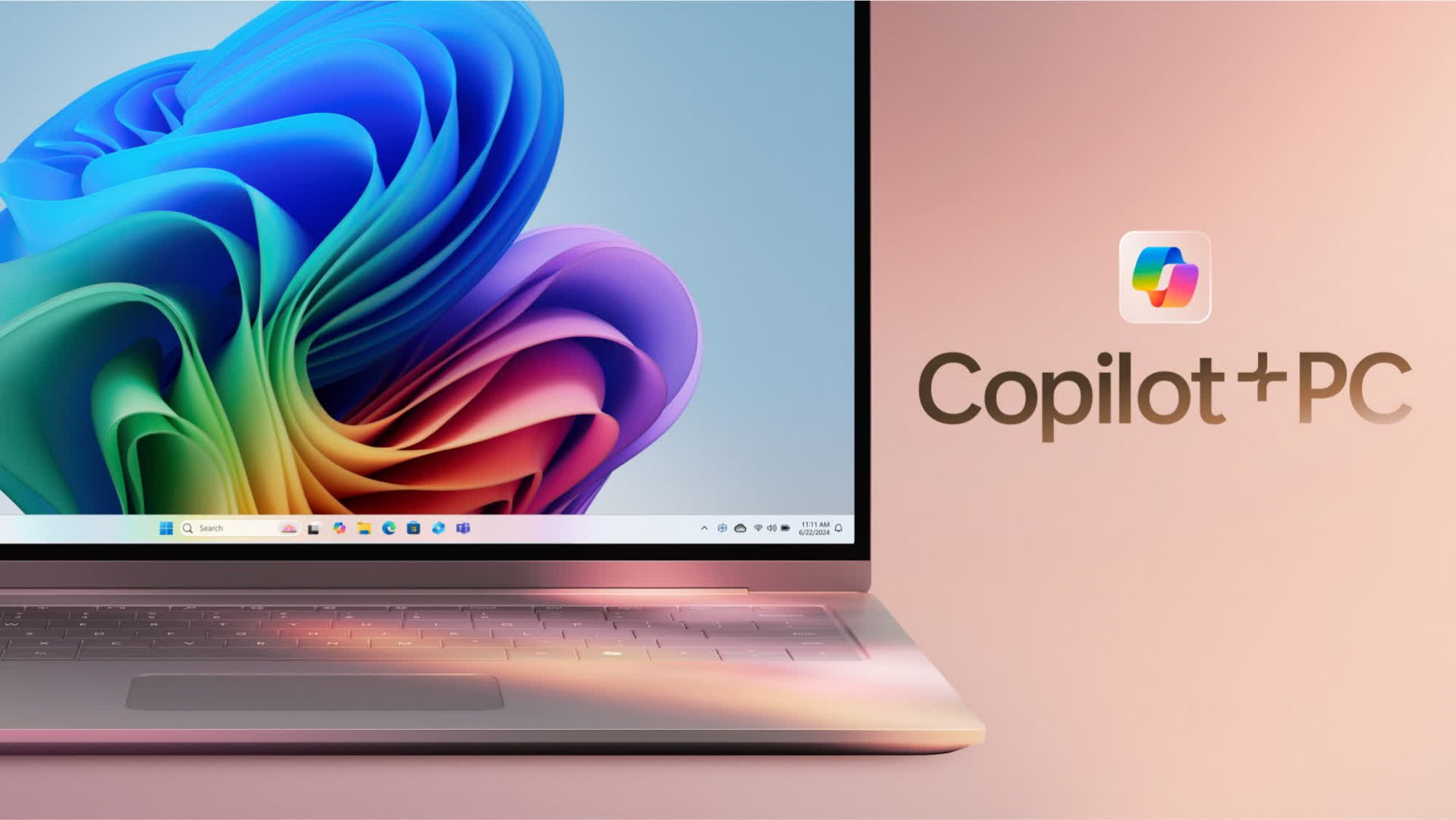In a nutshell: The Windows Insider program offers Microsoft fans the opportunity to act as unpaid beta testers for the latest OS developments. While Redmond rarely introduces major changes to how Windows operates, the latest Insider build may be intriguing enough – especially for participants who are also gamers.
Microsoft recently released Windows 11 Insider Preview Build 27744 to the Canary channel, delivering a notable upgrade to the "Windows on Arm" emulation layer known as Prism. The update significantly broadens compatibility with native x86 software on Arm systems, making Copilot+ PCs with Snapdragon X Elite or X Plus processors potentially more useful.
Prism, introduced earlier this year, serves as a new translation layer designed to run x86 software on Arm processors. Microsoft describes it as a "powerful" new emulator aimed at running legacy Windows software as quickly as possible. This marks a major redesign of the previous translation layer used in earlier Windows on Arm versions, allowing emulated x86 software to run 10 to 20 percent faster on the same hardware.
With Canary Build 27744, Windows 11 for Insiders now supports a broader set of traditional x86 ISA extensions. Microsoft explains that Prism's virtual CPU now includes support for instructions like AVX, AVX2, BMI, FMA, F16C, and others. While these instructions aren't strictly necessary to operate Windows, they have become prevalent enough to be required by some Windows applications.

The latest Prism preview only supports 64-bit x86 code (x64), meaning that 32-bit programs or x64 applications with 32-bit "helper" executables cannot detect or leverage the emulator's new features. Microsoft is encouraging testers to try out x64 applications – especially games – even those that previously wouldn't run on earlier Windows 11 builds.
Microsoft also explained that some of Prism's new emulated instructions are already in limited use in the retail version of Windows 11 24H2, enabling the OS to run Adobe Premiere Pro 25 on Arm chips. This x86 application was blocked in earlier versions, although Adobe is still developing a native Arm version of the software.
The addition of AVX and other SIMD instructions to x86 emulation on Arm is promising, but it also highlights ongoing software compatibility challenges in the Copilot+ ecosystem. Why should a traditional PC user consider an Arm system if it still can't reliably run all their desired applications and games? For now, the verdict remains uncertain.
